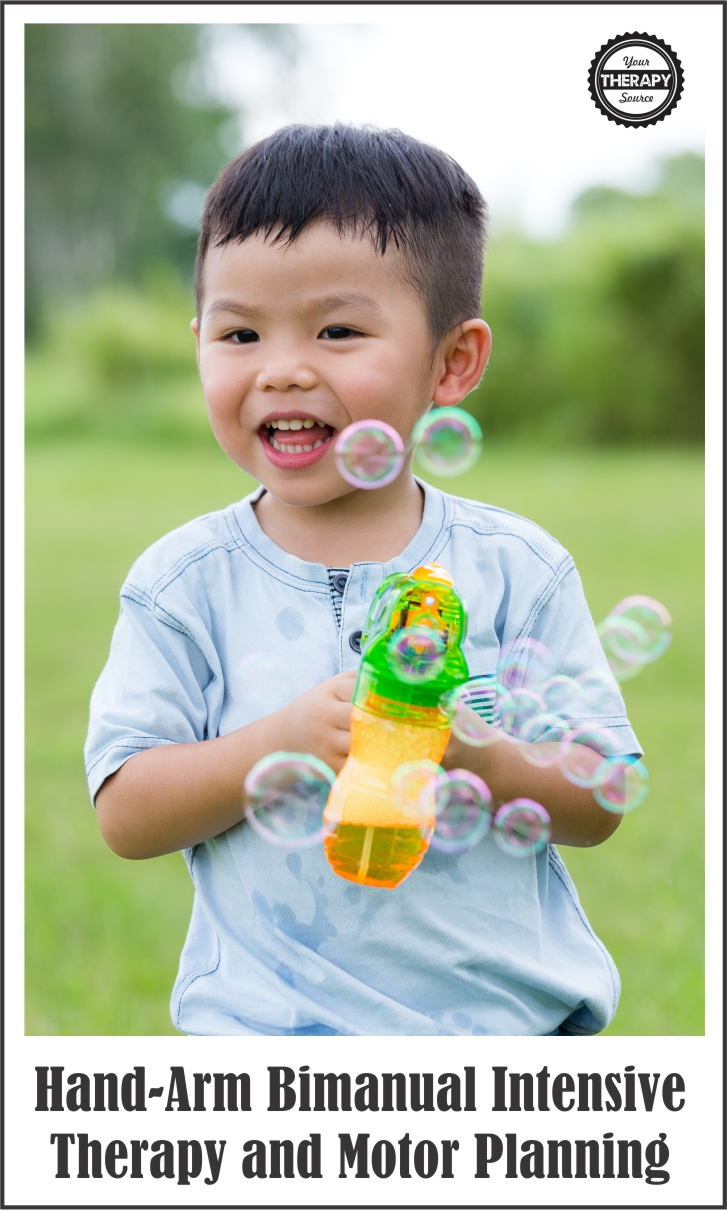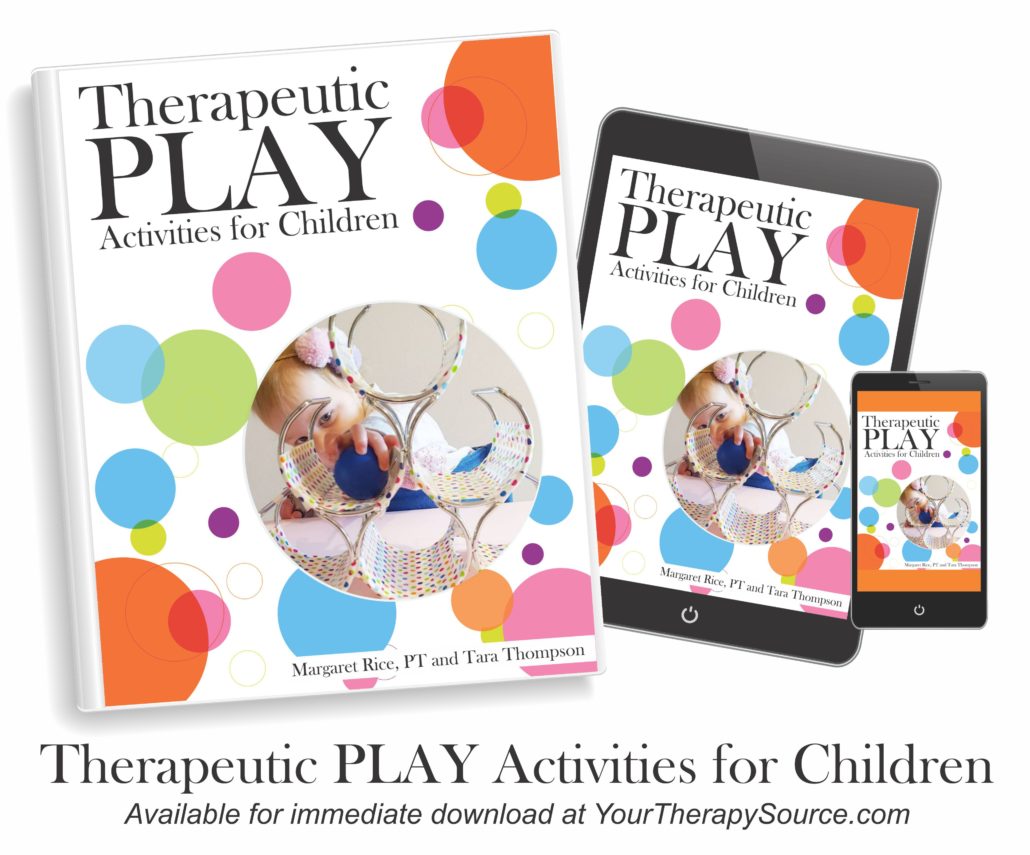Hand-Arm Bimanual Intensive Therapy and Motor Planning
 Hand-Arm Bimanual Intensive Therapy and Motor Planning
Hand-Arm Bimanual Intensive Therapy and Motor Planning
Pediatric Physical Therapy published research on hand-arm bimanual intensive therapy and motor planning. Functional near-infrared spectroscopy neuroimaging was used on 9 children with hemiplegic cerebral palsy pre and post 50 hours of HABIT training (hand-arm bimanual intensive therapy). Further evaluation of bimanual coordination and motor performance was completed using the Assisting Hand Assessment, the average number of shapes matched, the shape matching errors, the reaction time, the 9-hole peg test, and the box and blocks test.
Results of the Study
Statistical analysis regarding hand-arm bimanual therapy and motor planning indicated the following:
- pre-frontal cortex activation decreased following HABIT and was similar to what was seen in the neurotypical children. This decrease may be associated with the reduction in attention to the motor task i.e. automaticity of the motor tasks, improvement in the functional cost of sharing cognitive and motor resources and/or increased efficiency of the neuronal circuits for directing the planning and control of goal-directed actions.
- following HABIT significant improvements were seen in bimanual coordination, manual dexterity, reaction time, a greater number of attempts to match shapes, and fewer shape-matching errors supporting that the children learned to better plan and execute their motor actions.
The researchers concluded that 50 hours of HABIT is a promising intervention to improve the action planning of young children with hemiplegic cerebral palsy.
Reference: Surkar, S. M., Hoffman, R. M., Willett, S., Flegle, J., Harbourne, R., & Kurz, M. J. (2018). Hand-Arm Bimanual Intensive Therapy Improves Prefrontal Cortex Activation in Children With Hemiplegic Cerebral Palsy. Pediatric Physical Therapy, 30(2), 93-100.
Read more on 50 Bimanual Activities of Daily Living and get a FREE Printable!
Research Review on CIMT and Bimanual Therapy for Children with Cerebral Palsy
CIMT, Bimanual Therapy, and OT Home Programs
Therapeutic Play Activities for Children digital download includes 100 play activity pages and 12 tip sheets. The play activities encourage the development of fine motor skills, bimanual skills, rolling, crawling, tall kneeling, standing balance and cruising with a strong focus on children with cerebral palsy. FIND OUT MORE INFORMATION.




